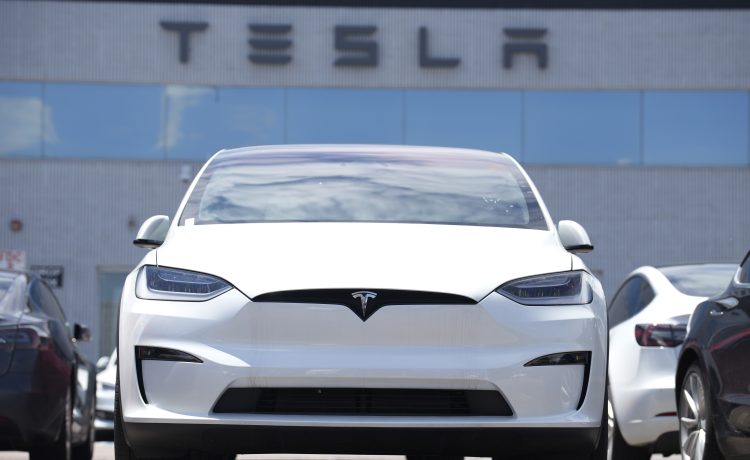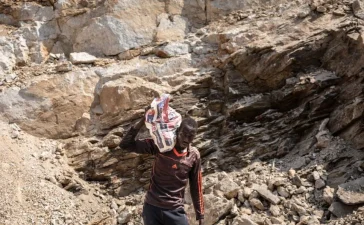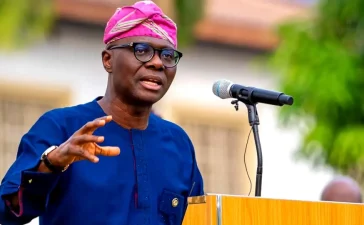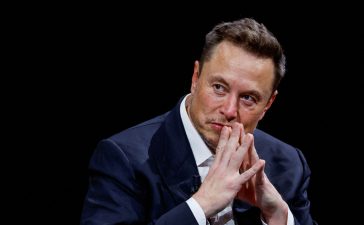Tesla has reported a third consecutive quarterly profit decline, with CEO Elon Musk warning that the company could face “a few rough quarters” as it adjusts to the expiration of key electric vehicle (EV) tax incentives.
The company on Wednesday posted a second-quarter profit of $1.2 billion, a 16 per cent drop compared to the same period last year, while revenue fell 12 per cent to $22.5 billion. The results come just weeks after Tesla revealed a decline in auto deliveries and amid intensifying competition in the EV space.
Speaking during an earnings call, Musk blamed the challenging outlook on the upcoming elimination of the $7,500 federal EV tax credit, which expires on September 30 under President Donald Trump’s recently signed fiscal legislation.
“We probably could have a few rough quarters. I’m not saying we will, but we could,” Musk told investors. However, he expressed confidence in Tesla’s long-term trajectory, saying, “Once you get to autonomy at scale by the second half of 2026, I’d be surprised if Tesla economics are not very compelling.”
Musk reaffirmed the company’s focus on AI and robotics, highlighting Tesla’s push into autonomous driving and its humanoid robot project, “Optimus.” Tesla’s new robotaxi service launched in Austin, Texas, last month, marking its first fully autonomous offering.
Despite the forward-looking optimism, analysts remain cautious. JPMorgan Chase labelled Tesla’s stock “completely divorced from increasingly deteriorating fundamentals,” while Morgan Stanley kept Tesla as a “top pick,” citing its robotics and AI leadership—though warning that Musk’s political ties may weigh on near-term investor confidence.
Tensions between Musk and Trump have also cast a shadow over Tesla. After supporting Trump’s 2024 campaign and briefly serving in his administration, Musk resigned in May. He has since launched a new political group, the “America Party,” drawing sharp criticism from Trump, who has threatened to review Musk’s immigration status and federal contracts.
Amid all this, Tesla executives confirmed that production of a more affordable EV model began in June, with full-scale ramp-up expected in late 2025—delayed to prioritise existing models ahead of the tax credit deadline.
Tesla shares dipped 4.1 per cent in after-hours trading following the earnings announcement.







